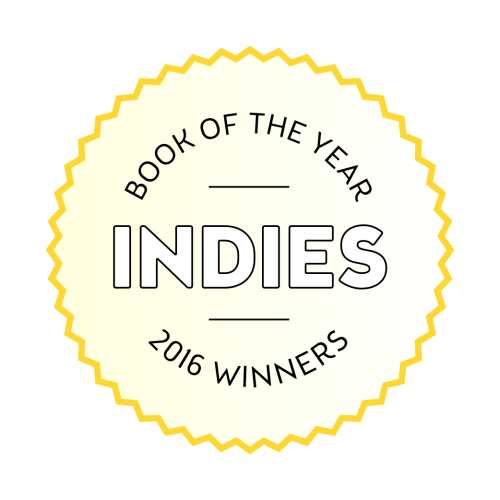The Interesting Stories are on the Margins
Before I was a book review editor, I worked for decades as a journalist. I used to think that I would work for newspapers forever. It was my calling. I had ink in my blood. Then I watched as newspapers refused to adapt or change and the result was, and is, a huge shakeup in the way information is presented and consumed. I managed to survive these changes by altering my own personal business model and writing about science and technology and how they are changing the way we all do business.

The reason I’m bringing up my own background is to emphasize that I approach indie publishing as a journalist. And one whose natural inclination is always to find the counterintuitive. If the rest of the media pack were headed one way, I’d head the opposite. That’s where the interesting stories were. When I used to cover the Detroit Auto Show for various tech publications, I’d avoid the big automakers’ booths and go into the leaking basement at COBO Hall in Detroit and talk to the one- and two-person electric vehicle or battery startups. Now, they’re dominating the industry.
To me, indie publishing is a great, evolving story. It’s changing way people publish and read books, and bringing authors and readers closer together. About 4 ½ years ago, I discovered Foreword Reviews, where Publisher Victoria Sutherland brought me on as executive editor. And as I looked at the indie publishing world, I saw many similarities with my own career. These were the publishers and authors enabling alternative voices. Many in publishing might disagree with me, but I believe there is no such thing as too much information. Stories, true stories, need to be written down and preserved for many reasons.
Like newspapers earlier in my career, there’s something larger that the old publishing system is not set up to understand. Many, many voices will be heard. There will be a lot of noise, too—voices you might not want to hear. Giving voice to the marginalized doesn’t always mean only to those we agree with. It means even repugnant opinions are out there. I think that’s still a fair price to pay in exchange for a free society.
This is all a very long-winded way of introducing our INDIES winners in nonfiction. From history, to science, to business, to arts, these are all true stories. All voices that, thanks to indie publishers, are being heard.

Howard Lovy is executive editor at Foreword Reviews. You can follow him on Twitter @Howard_Lovy
Howard Lovy
